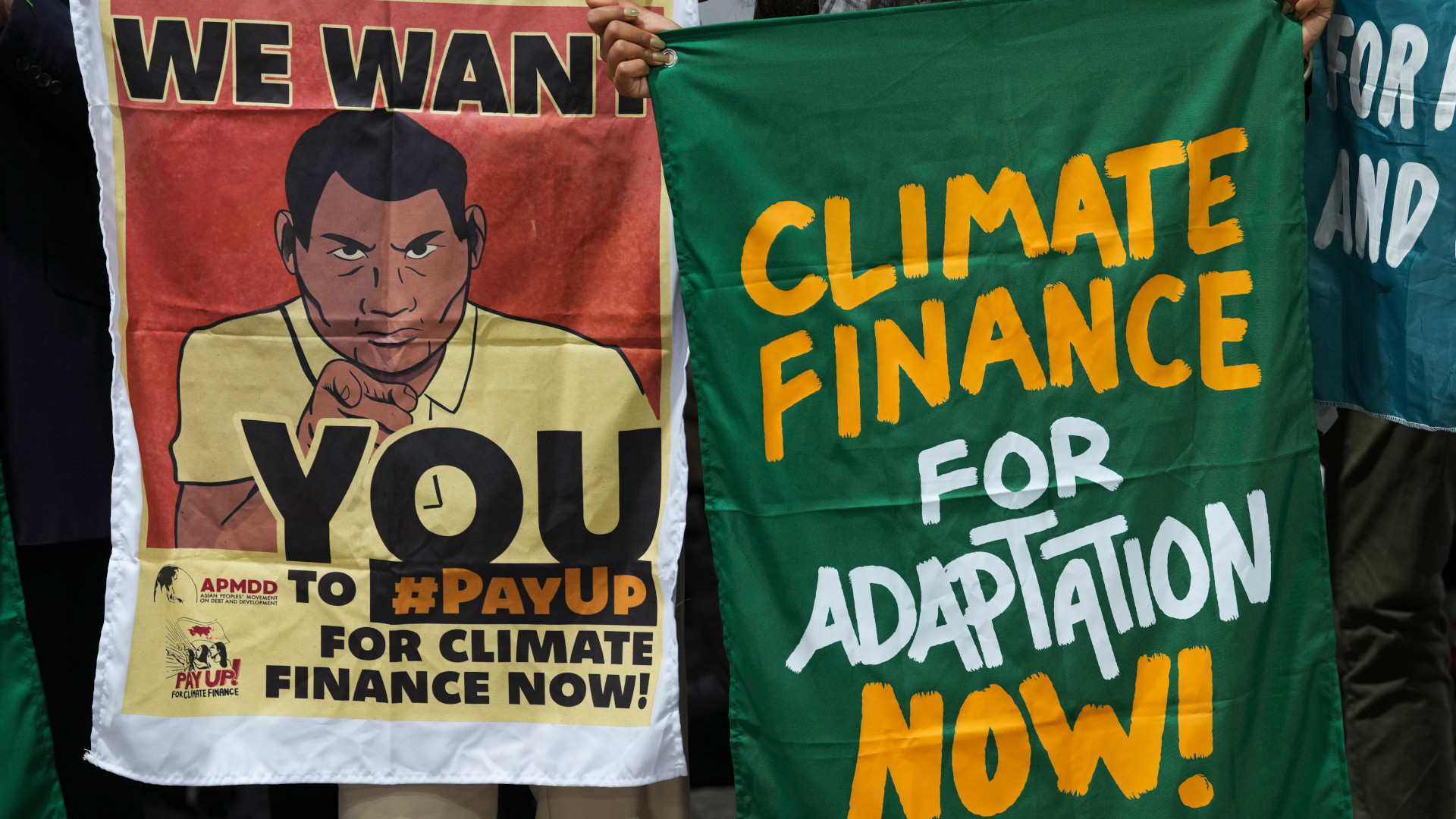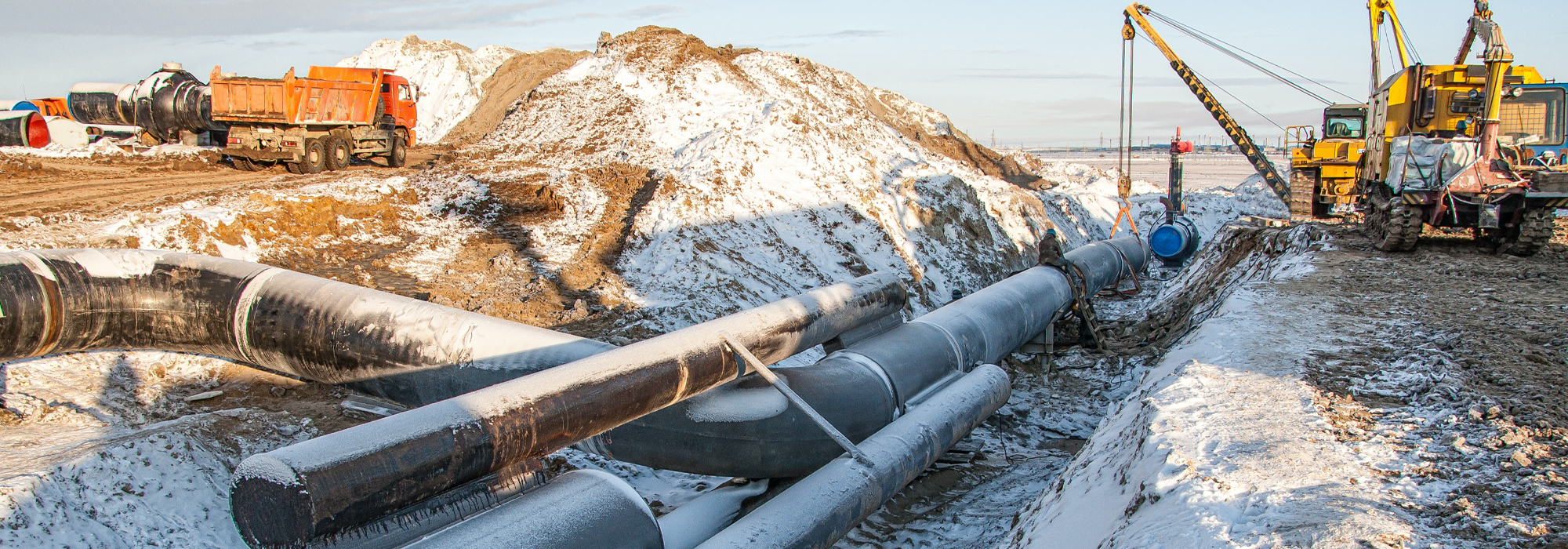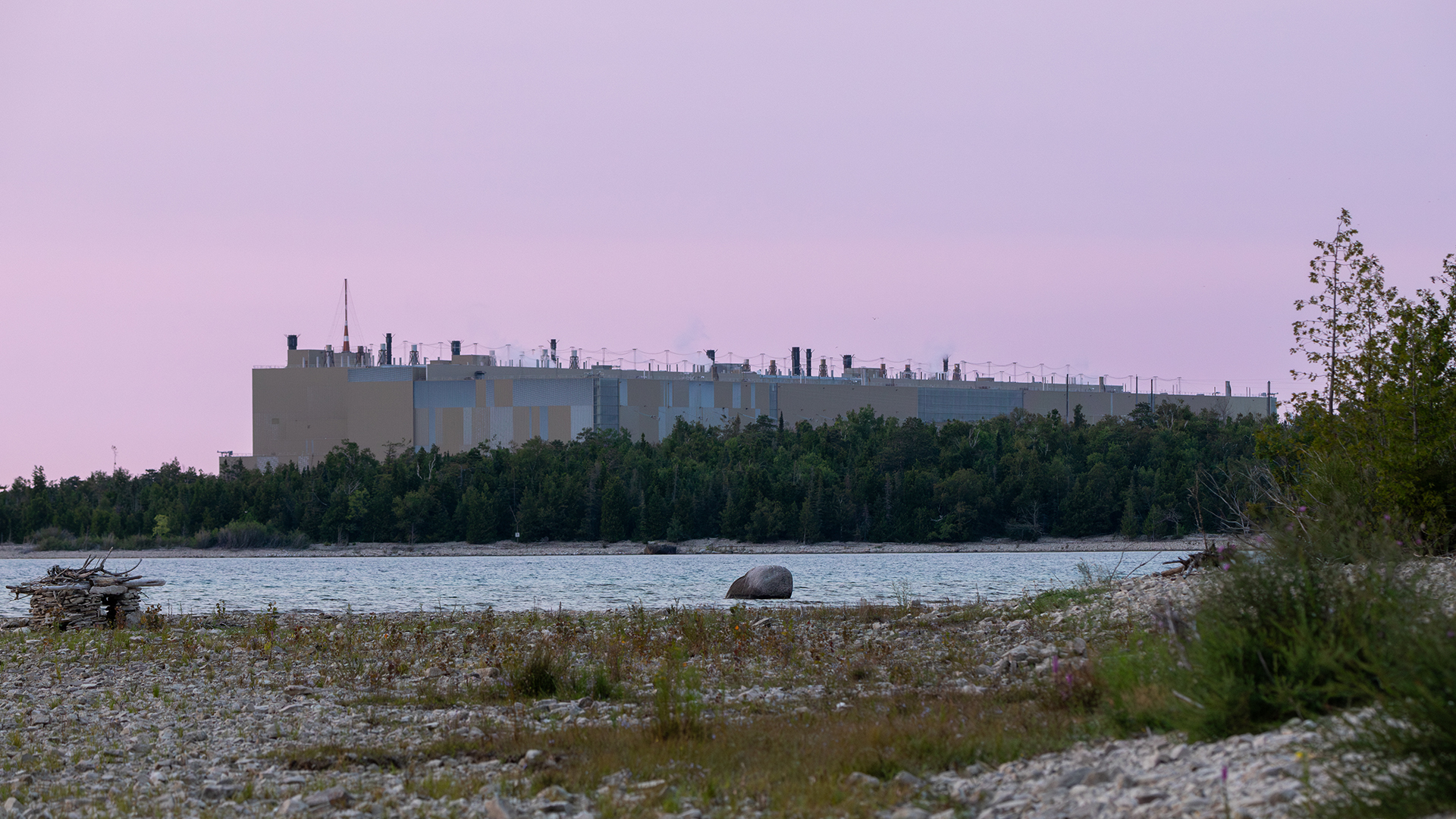
It is common to say that Canada’s energy and climate debate is polarized. Carbon taxes, pipelines, Indigenous consent — the debate is crowded with complicated subjects that attract strong views. But just how polarized is public opinion on these issues?
Positive Energy, an energy research program at the University of Ottawa, has designed an original survey to measure polarization on climate and energy issues. We polled Canadians with the survey for the first time in September 2019, and will continue to do so annually to track whether polarization is increasing or decreasing over time.
This article presents top-level findings from the survey. Subsequent analyses will explore the role of values, ideology, community size and other factors on public opinion on energy and climate issues.
These first results reveal fragmented opinions across regional, generational and partisan lines, but not all of them count as “polarized.”
What’s the difference? When the public is polarized on an issue, it means that opinions are concentrated at extreme ends of the spectrum. People don’t just agree or disagree, they do so strongly. When opinion is fragmented on an issue, it means that views differ, but they are not necessarily hardened at either end of the spectrum.
Why does it matter? Polarized opinions are tough for political systems to deal with. People are hardened in incommensurable views. On the other hand, fragmented opinions are more amenable to political decision-making. People’s views aren’t crystallized. They may be more malleable and open to compromise.
We can visualize these differences. If there’s high agreement, opinions cluster on one side of the spectrum. Figure 1 offers an example, in this case, on the side of agreement. In contrast, when public opinion is fragmented, as in Figure 2, opinion is more evenly spread on either side of an issue, with limited clustering at the extremes. If opinion is polarized, it looks something like Figure 3. Fragmented opinion can become polarized when individuals with softer beliefs harden their stances over time.
We might also break out the data to assess whether opinion is polarized between different demographic groups. Perhaps the public generally agrees on an issue, but some specific segment is implacably opposed. Perhaps public opinion is fragmented, but the groups that agree or disagree do so with varying intensity. Figure 4 is an example of strongly polarized opinion across two groups.
With these building blocks in place, let’s turn to the results of our first survey.
The key message? Our initial findings suggest that concerns about polarized views on energy and climate might be overblown: Canadians’ opinions are more often fragmented than they are polarized. Yes, they are polarized across some dimensions, but in many instances, this is moderate. More often, opinions are not hardened at either end of the spectrum. Instead, they are fragmented.
On many issues, Canadians are in agreement. On climate, for example, we find broad agreement (figure 5) on things like humans’ role in causing the problem.
Most respondents in every region attribute climate change mostly to human activity. This is important as it places the onus on people to make the necessary changes to address its effects.
But as we know, there isn’t always agreement when it comes to energy and climate. Our findings provide an important window into the fractures that Canadian decision-makers should keep their eyes on. The results also help to distinguish between polarized versus fragmented opinion, which might help to identify potential paths forward on energy and climate in Canada.
To illustrate this distinction, we’ll focus on two of the most controversial energy and climate issues in Canada: the national carbon tax and pipelines.
Overall, we find fragmented opinion on a national carbon tax, with more support (51 percent) than opposition (36 percent). Divisions sharpen and opinions tend towards polarized when we unpack the data along partisan and regional lines. Conservative supporters stand out (figure 6), with 40 percent of respondents strongly opposing the idea. Conversely, about one in four Liberal, NDP, Bloc Québécois and Green supporters are strongly in favour.
Among residents of Alberta, Saskatchewan, and Manitoba (figure 7), 30 percent of respondents are strongly opposed to a carbon tax, compared with the national average of 20 percent. Given the strong correlation between region and voting tendency in the 2019 federal election, these results are unsurprising.
More surprising perhaps is the fact that support for a national carbon tax doesn’t tend to differ that much by age. We find net support for a carbon tax among all age groups (figure 8). We do find that this policy tends towards polarized opinion among older generational cohorts: opinions are least polarized among Millennials (born 1981-1996) and Generation Z (born 1997 onwards), compared to Generation X (born 1965-80), Baby Boomers (1946-64) and the Silent Generation (1928-45).
The issue of pipelines is a good example of fragmented opinion overall, but either polarized or fragmented when we unpack it across different demographic sub-groups. When asked whether the economic benefits of building new pipelines outweigh the risks of potential spills, tanker traffic and climate change (figure 9), more respondents support (48 percent) than oppose (35 percent) the statement, with disagreement concentrated at the extreme end of the scale. Those who disagree with the statement tend to be hardened in their views.
Polarized opinions emerge on both ends of the spectrum when looking at the data by party support (figure 10). More than a third of Conservative supporters strongly agree that the benefits of pipelines outweigh the risks, while close to a third of NDP, Green, and Bloc Québécois supporters strongly disagree. Here, Liberal supporters stand out, with far fewer respondents strongly agreeing that benefits outweigh risks.
While these partisan divisions are not terribly surprising, the break-out by region offers a more nuanced view (figure 11) than that seen in recent debates. Our results show fragmented opinion that mirrors the national average across almost all regions, including British Columbia. Moreover, a non-trivial number of respondents self-report being in the middle, with no strong opinion either way. In short, opinions on pipelines are clearly fragmented, but perhaps not as polarized as some think (at least outside of the Prairies and, to some extent, Quebec).
Of course, this all begs the question: So what?
The most recent election puts into sharp relief the overlap between regional and partisan affiliation. And a minority Parliament risks amplifying regional tensions, intensifying partisan polarization and furthering perceptions that Canadians are polarized.
Our initial results, in contrast, underscore that partisan polarization on the carbon tax and pipelines is real, but that, overall, Canadians are fragmented — not polarized — on the issues. They are also not as polarized along regional or generational lines as some might think. In short, there could be more room to find common ground than many believe.
Moving forward, it is vital to know whether Canadians’ opinions are fragmented, polarized or trending toward agreement on energy and climate, and where the fracture lines lie. Future iterations of the survey, which Positive Energy plans to conduct on an annual basis, will enable us to know whether polarization is increasing or decreasing over time, and where the key divisions are. This is essential for Canada to chart its energy future in an age of climate change.
The online survey was conducted via Qualtrics from Sept. 9-29. The sample size was 2,679 with 5 regional subsamples over 500. Margin of error is not applicable for a survey of this kind. However, a probability-based sample of this size would yield a margin of error of approximately +/- 2 percent 19 times out of 20; approximately +/- 4 percent for regional subsamples. Net support is calculated as follows: (strongly agree + agree) – (strongly disagree + disagree).
Photo: Shutterstock, by Sergey_R
Do you have something to say about the article you just read? Be part of the Policy Options discussion, and send in your own submission. Here is a link on how to do it. | Souhaitez-vous réagir à cet article ? Joignez-vous aux débats d’Options politiques et soumettez-nous votre texte en suivant ces directives.









